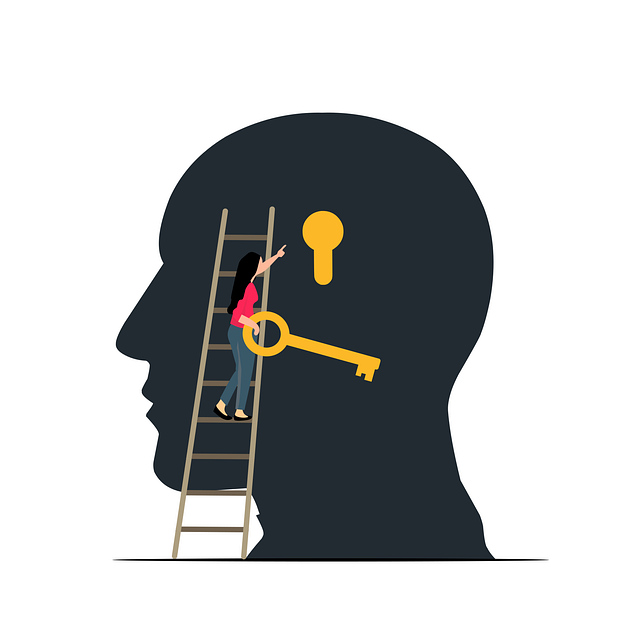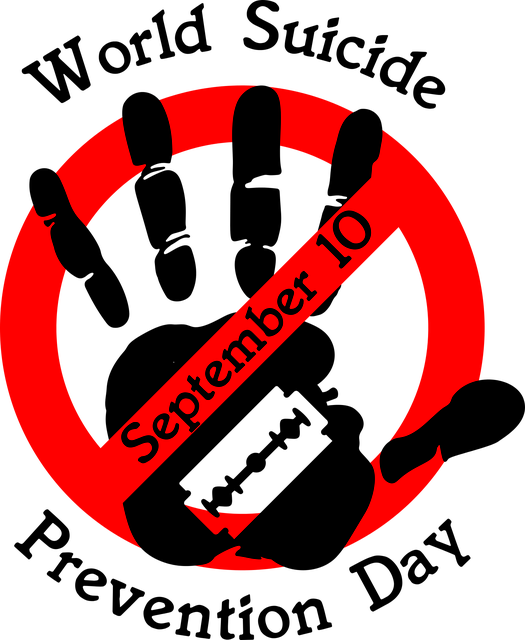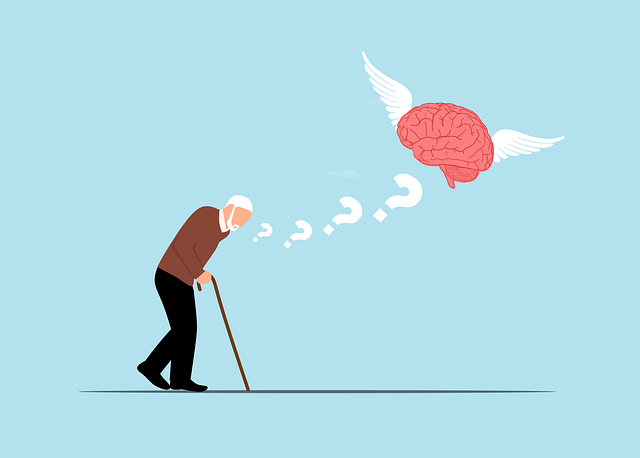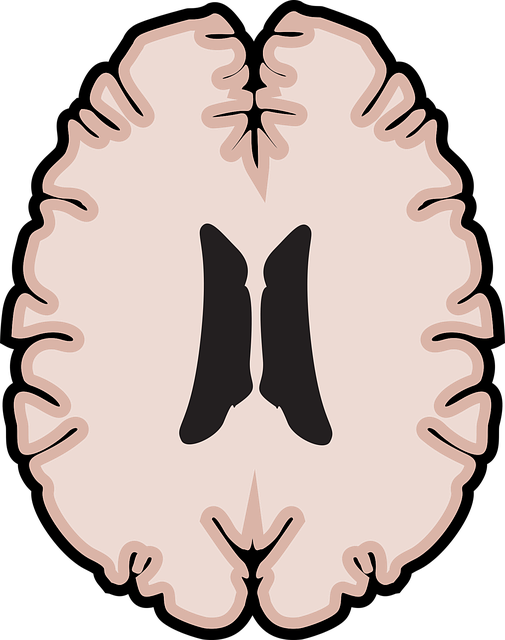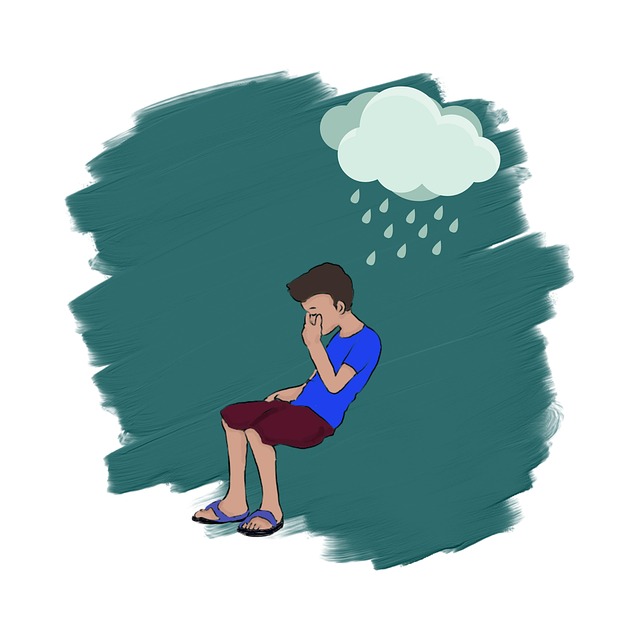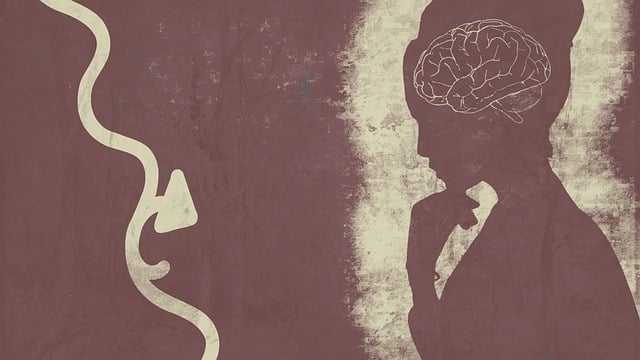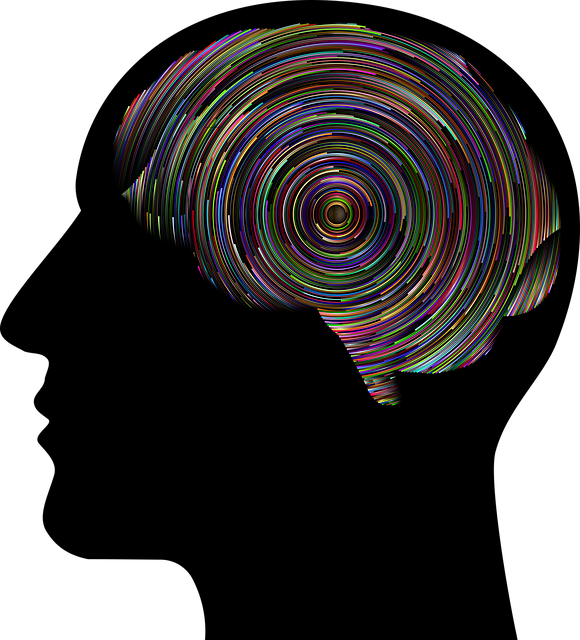Diagnosing mental illness accurately in Boulder presents unique challenges due to overlapping symptoms, cultural diversity, and risk management considerations. Boulder Therapy for Therapists-Clinicians addresses these issues through comprehensive training in mental health assessment, incorporating cultural sensitivity, inner strength development, tactile techniques, and evidence-based practices like structured clinical interviews and standardized tools (e.g., DIS). This holistic approach, including mindfulness meditation and emotional intelligence training, enhances communication, improves client self-awareness, and leads to more accurate diagnoses. Online tools, mobile apps, and continuous education programs further refine diagnostic processes, enable personalized interventions, track progress efficiently, and foster improved mental wellness outcomes in Boulder therapy practices.
Mental illness diagnosis accuracy is a critical aspect of patient care, often hindered by complex symptoms and individual variations. This article explores efforts to enhance diagnostic precision through various approaches. We delve into the challenges faced by therapists-clinicians in diagnosing mental health conditions and highlight the potential of Boulder Therapy as a game-changer. Additionally, we discuss evidence-based practices, the integration of technology for accurate assessment, and the importance of continuous education for professionals, focusing on Boulder Therapy techniques tailored for therapists-clinicians.
- Understanding the Challenges of Mental Illness Diagnosis
- The Role of Boulder Therapy in Enhancing Diagnostic Accuracy
- Evidence-Based Practices for Clinicians to Improve Diagnosis
- Integrating Technology: Digital Tools for Accurate Assessment
- Continuous Education and Training for Therapists-Clinicians
Understanding the Challenges of Mental Illness Diagnosis

Diagnosing mental illness accurately can be a complex and multifaceted challenge. The vast array of symptoms, often overlapping and subjective, presents a significant hurdle for therapists and clinicians in Boulder, making it crucial to delve into comprehensive training in mental health assessment. Many factors contribute to this complexity, including cultural sensitivity in mental healthcare practice—different backgrounds and experiences can influence how individuals express their struggles—and the need for robust risk management planning among mental health professionals.
Inner strength development is another critical aspect that can impact diagnosis accuracy. Therapists must be adept at recognizing both the subtle nuances of mental illness and the resilience that exists within clients. By integrating these concepts into their practice, therapists-clinicians in Boulder can enhance their diagnostic capabilities and ultimately deliver more personalized, effective treatment plans for those seeking therapy.
The Role of Boulder Therapy in Enhancing Diagnostic Accuracy

Boulder Therapy for Therapists-Clinicians has emerged as a powerful tool in enhancing diagnostic accuracy in mental healthcare. By integrating hands-on, tactile techniques with traditional talk therapy, therapists can gain deeper insights into their clients’ emotional and psychological states. This multi-sensory approach facilitates better communication between therapist and client, enabling more nuanced interpretations of behaviors, emotions, and experiences. Through Boulder Therapy, professionals develop a heightened awareness that can lead to more precise diagnoses, especially in complex cases where symptoms may be ambiguous or overlapping.
Moreover, incorporating Cultural Sensitivity in Mental Healthcare Practice alongside Boulder Therapy further improves diagnostic accuracy. Recognizing the impact of cultural background, identity, and context on mental health experiences allows therapists to tailor their approaches, ensuring that every client receives care that is both effective and respectful. Community Outreach Program Implementation can also play a crucial role, providing opportunities for professionals to engage with diverse communities, gain insights into unique cultural practices, and learn about community resources that may influence diagnostic processes. Mental Health Policy Analysis and Advocacy, when coupled with these interventions, helps create an environment where accurate diagnosis is prioritized, ensuring that therapists have the tools and support they need to deliver high-quality care.
Evidence-Based Practices for Clinicians to Improve Diagnosis

Mental health professionals play a pivotal role in accurately diagnosing mental illnesses, and adopting evidence-based practices is a game-changer in this process. Therapists and clinicians can enhance their diagnostic skills by incorporating techniques such as structured clinical interviews and standardized assessment tools. These methods ensure a systematic approach to gathering information, allowing for a more comprehensive understanding of a patient’s symptoms and experiences. For instance, the Diagnostic Interview Schedule (DIS) is a widely recognized tool that facilitates consistent and reliable diagnosis.
Boulder therapy techniques, including mindfulness meditation and emotional intelligence training, offer valuable support in this context. By teaching clients effective stress management strategies and promoting mindfulness, therapists contribute to improved self-awareness and communication. This heightened awareness can lead to more accurate disclosures during assessment sessions, further enriching the diagnostic process. Such holistic approaches not only benefit individuals but also enable clinicians to make informed decisions, ultimately improving patient outcomes and satisfaction.
Integrating Technology: Digital Tools for Accurate Assessment

In today’s digital era, therapists and clinicians in Boulder are leveraging technology to enhance mental illness diagnosis accuracy. Online assessment tools and mobile applications designed for mental wellness coaching programs offer valuable data-driven insights, enabling professionals to make more informed decisions. These digital solutions facilitate emotional regulation and stress management by providing personalized interventions tailored to individual needs.
The integration of technology in Boulder therapy practices not only improves diagnostic precision but also supports the development of innovative Mental Wellness Coaching Programs. By utilizing these tools, therapists can efficiently track patient progress, identify emerging issues, and adapt treatment plans accordingly. This approach ensures that clients receive timely and effective support, ultimately fostering improved mental wellness outcomes.
Continuous Education and Training for Therapists-Clinicians

In the quest for enhancing mental illness diagnosis accuracy, Continuous Education and Training (CET) plays a pivotal role in empowering therapists and clinicians. CET programs tailored for Boulder Therapy professionals offer a dynamic learning environment where practitioners can stay abreast of the latest research, treatment modalities, and best practices. These educational initiatives often include workshops focused on intricate diagnostic processes, fostering an in-depth understanding of various mental health conditions. By engaging in regular CET, therapists gain valuable insights into nuanced symptoms, emerging trends, and effective communication strategies for improved patient care.
A well-structured CET program can also incorporate community outreach components, enabling therapists to connect with diverse populations and build resilience within their practice. Implementing these programs not only enhances the accuracy of diagnoses but also strengthens the therapeutic relationship between clinicians and clients by improving communication skills. This holistic approach to education ensures that Boulder Therapy practitioners are equipped to navigate complex mental health scenarios, ultimately leading to more precise diagnoses and effective treatment plans.
Mental illness diagnosis accuracy has been a long-standing challenge, but with the integration of innovative practices and tools like Boulder Therapy and digital assessment platforms, significant improvements are within reach. By combining evidence-based practices with ongoing education and training, therapists and clinicians can enhance their diagnostic capabilities, ensuring more effective treatment plans for individuals navigating mental health issues. These efforts collectively contribute to a future where accurate diagnosis becomes the norm, paving the way for better patient outcomes.




